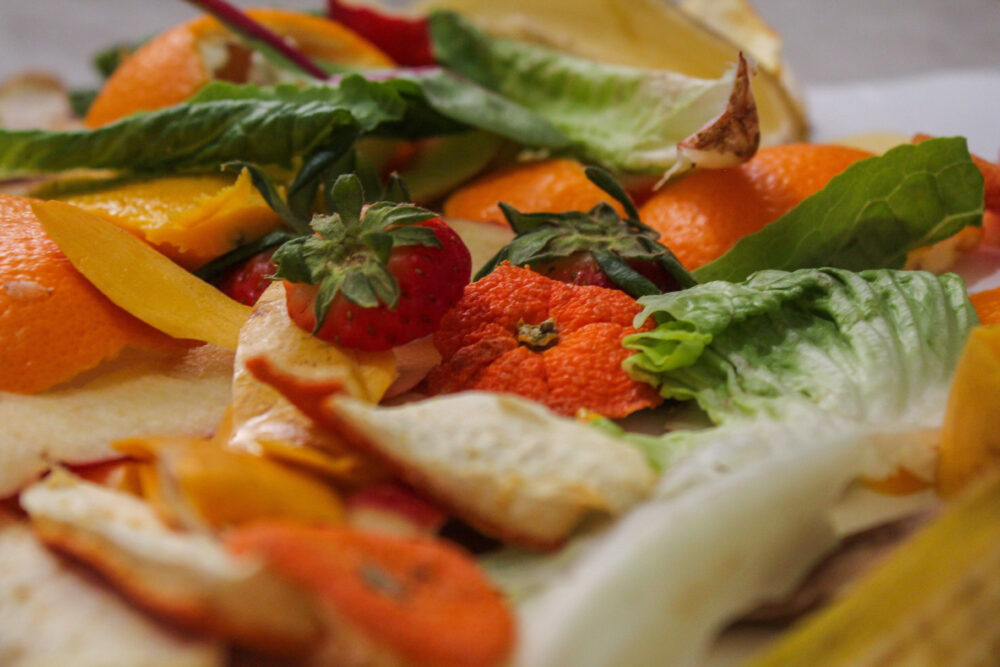
By Alexys DeMaria
Food waste bins began to appear on Sacramento doorsteps earlier in March, as Carson and Torrance residents will soon be required to sort organic food waste from regular trash.
Though these initiatives may coincidentally feel so close together, they are the beginning of statewide mandated changes because of S.B. 1383
Senate Bill 1383, originally signed by Governor Brown in 2016, set emission reduction targets for short-lived climate pollutants.
In the bill, local jurisdictions must reduce organic waste disposal 50% by 2020 and 75% by 2025, as well as rescue at least 20% of currently disposed surplus food to food recovery organizations by 2025.
The California Department of Resources Recycling and Recovery estimates that organics like food scraps, yard trimmings, paper, and cardboard make up half of what Californians dump in landfills, and the state must take actions to prevent these materials from going to landfills, which are California’s third largest methane producer.
Food scraps will be transported to recycling and composting facilities, where the compost will be sold back to cities, farmers, and given to residents.
Businesses will also be required to donate to food recovery organizations with excess food that would have normally been thrown away. The businesses have been divided into two tiers:
Tier one businesses typically have produce, fresh groceries and shelf-stable products, like grocery stores and supermarkets began donating excess food on Jan. 1.
Tier two businesses, which typically have prepared meals including health facilities, hotels, large venues and events will be required to begin donating their excess food in January 2024.
This excess food will be sent to organizations that assist the food insecure such as food banks and soup kitchens.
In Orange County, Carson residents must dispose of organic materials such as eggshells, meat, fruit and vegetable scraps, yard trimmings, green material, landscape and pruning waste, clean lumber and wood in the green garbage containers beginning April 1 after a city council vote.
Torrance residents must do the same beginning Jan 1, 2023.
The city of Fountain Valley released a statement that, “The City [of Fountain Valley] and Republic Services are continuing to work toward a solution to implement this new State required organics recycling program,” they said.
They advise residents to continue disposing of their waste in the regular trash bins until a new program is announced.





